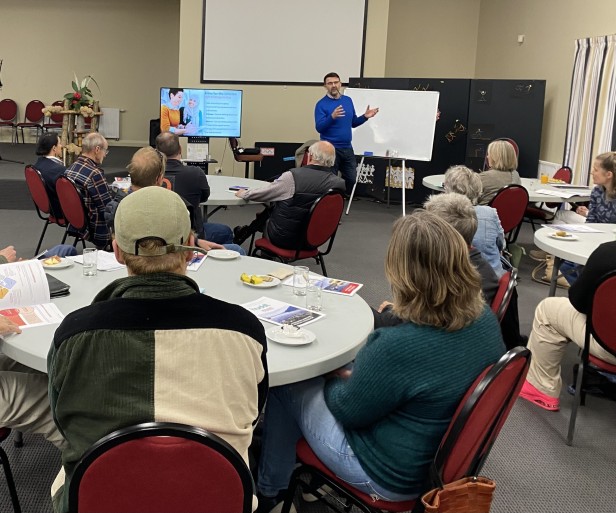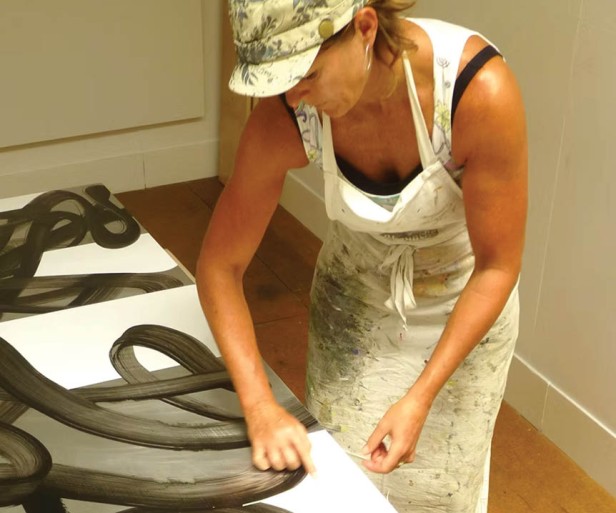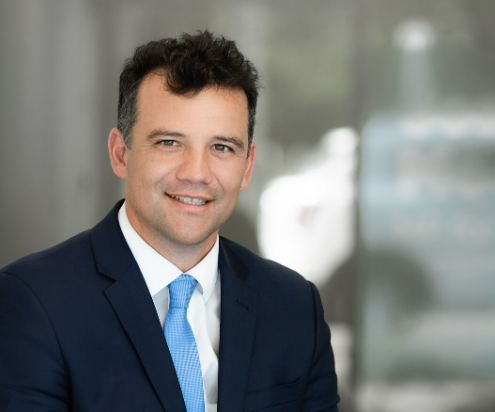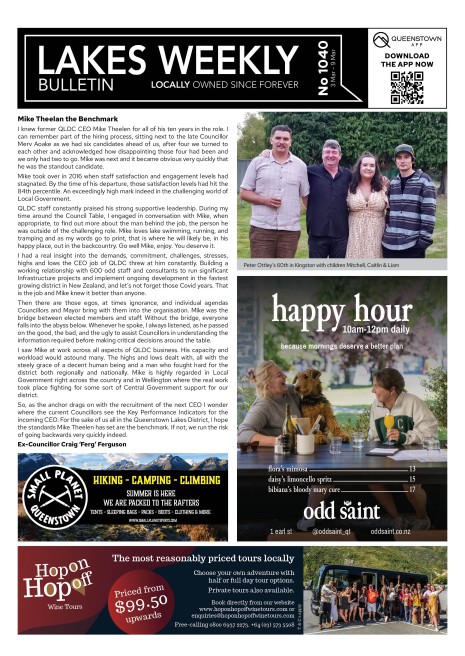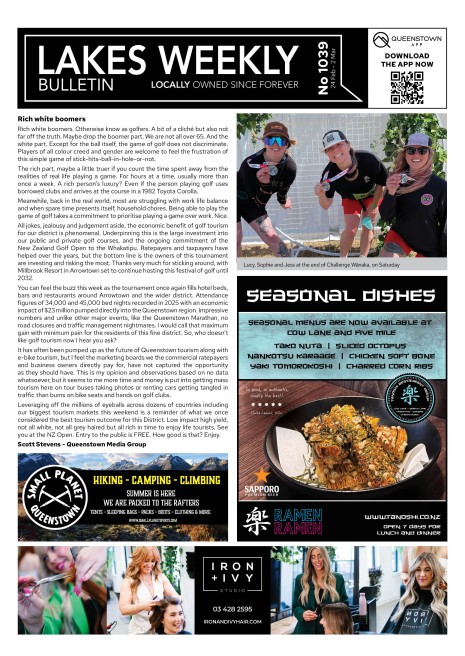Childhood trauma – effects, healing and breaking the pattern of inter-generational violence
by Cath Gilmour
Catalyst Kōrero, Sunday, May 26
Have you ever wondered why that homeless guy is homeless or some people are unemployed long-term? Why some people react to stress with violence, or can’t handle close relationships?
Perhaps, says former Queenstown veterinarian Dr Trish Johansen, these are consequences of how their brains developed; childhood responses to risks in the most dangerous of places – their home.
Trish thought that her violent upbringing had not affected her beyond being determined to break the pattern of inter-generational violence for her own family.
That was until she gave witness testimony to the High Commission Investigation into abuse in state care.
The upwelling of long suppressed childhood events left her unable to function and forced her to seek professional help, starting a four year journey to understand and recover from the impacts of childhood trauma.
“When you grow up experiencing the world as a really dangerous place, your subconscious does everything it can to make you feel physically safer, but in ways that are opposite to what you would consciously choose.”
Trish will share what she learned in our May 26 Catalyst Kōrero, in the hope that doing so will bring greater understanding and support for resolving trauma related problems in our community.
Trish now spends most of her time in Cambodia running a vet surgery and rabies eradication charity.
Sunday, May 26, 6 to 7:30 pm at The Rees Hotel Queenstown’s conference room. Register here to ensure your seat. Please bring cash for your koha. This will be given to Eradicate Rabies One Village at a Time, to help save vulnerable communities, already traumatised by the Khmer Rouge, from preventable deaths.

